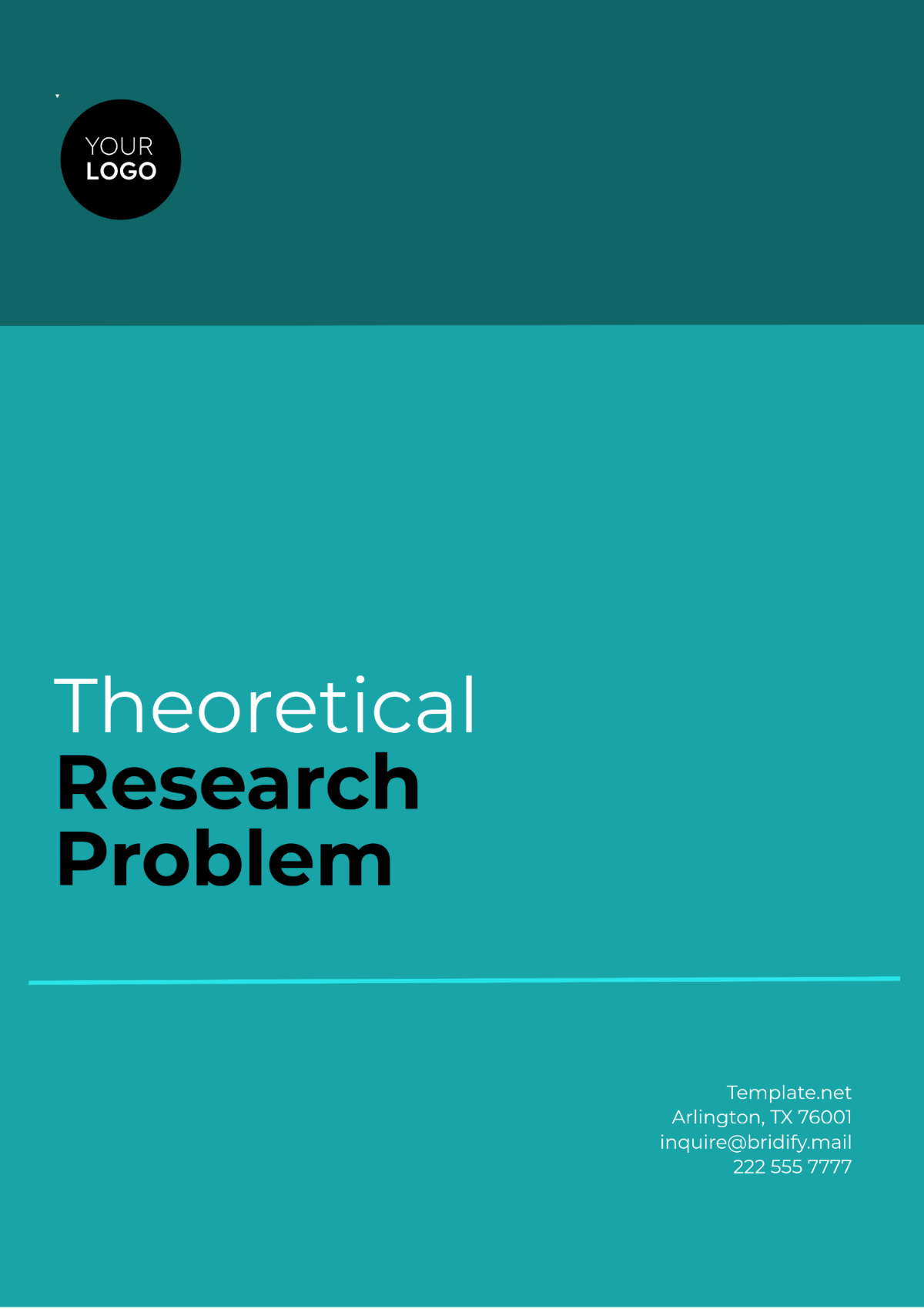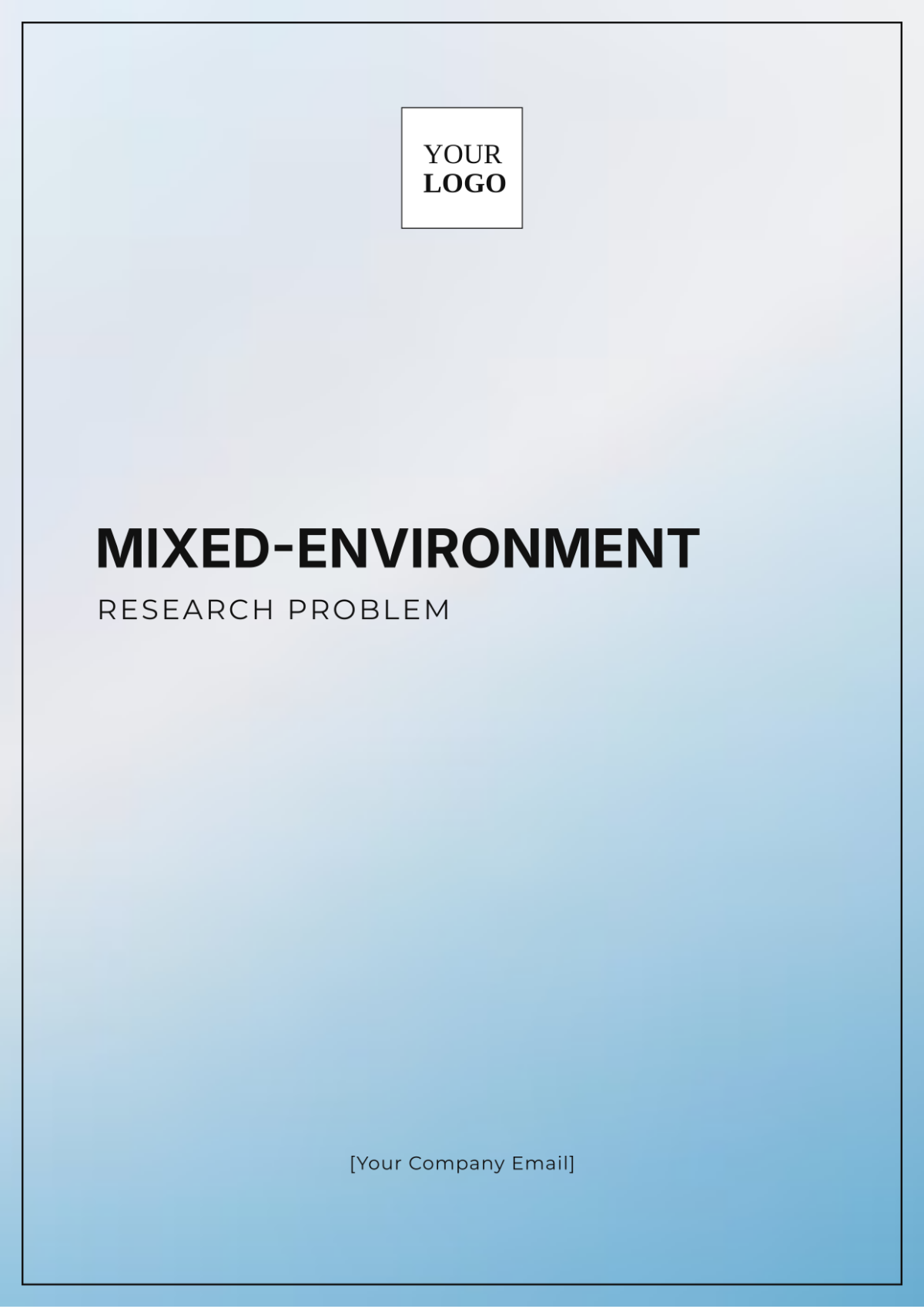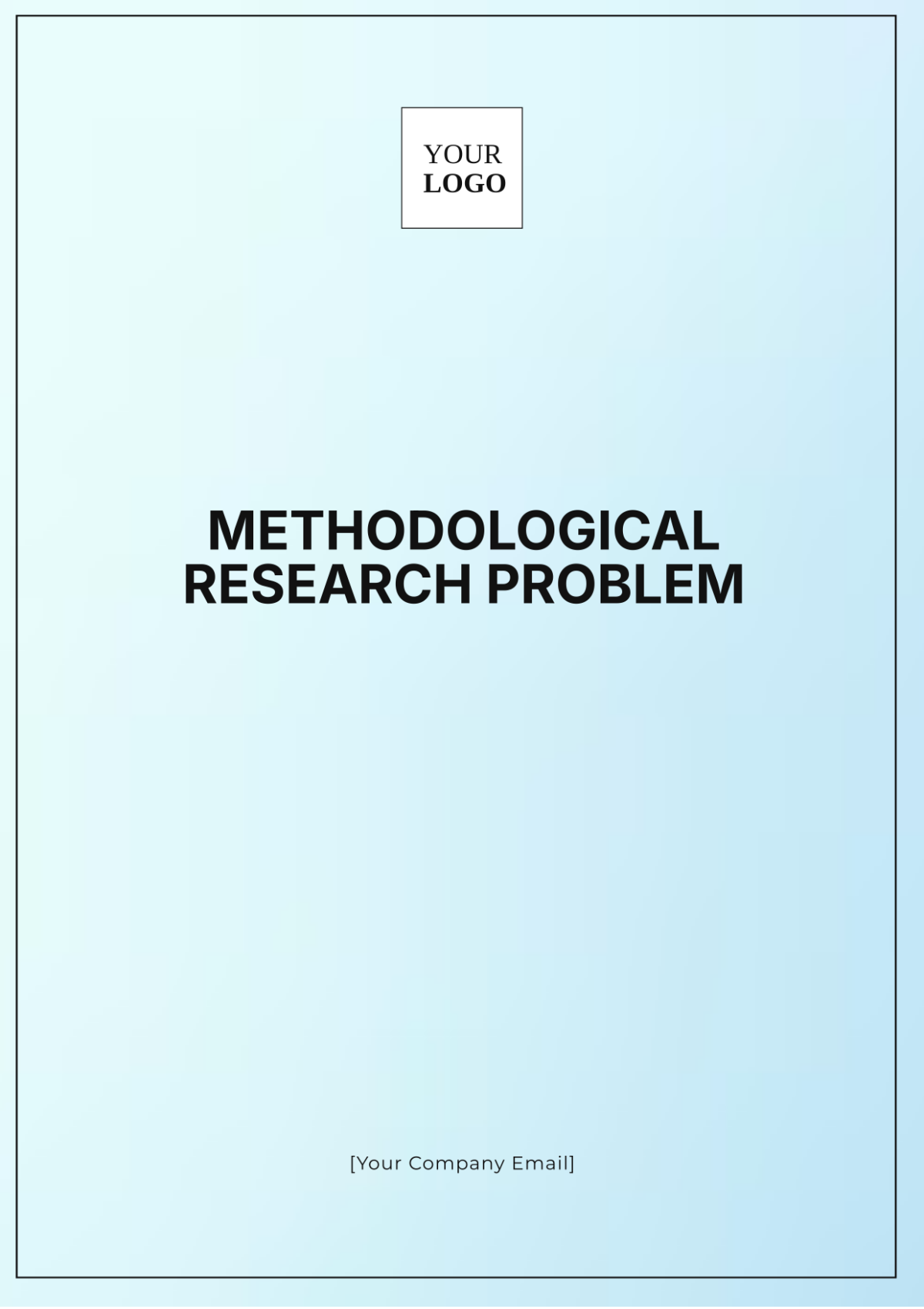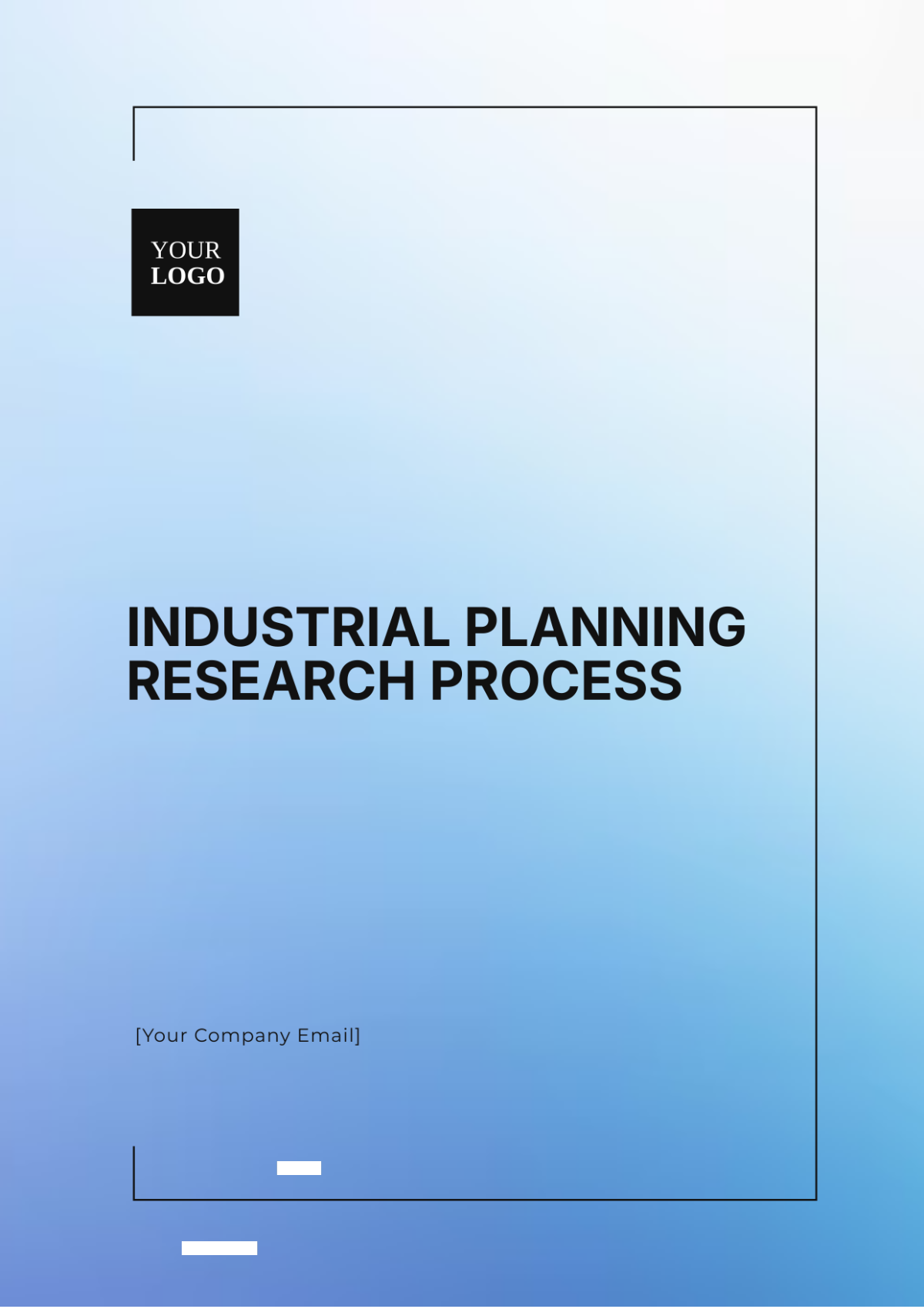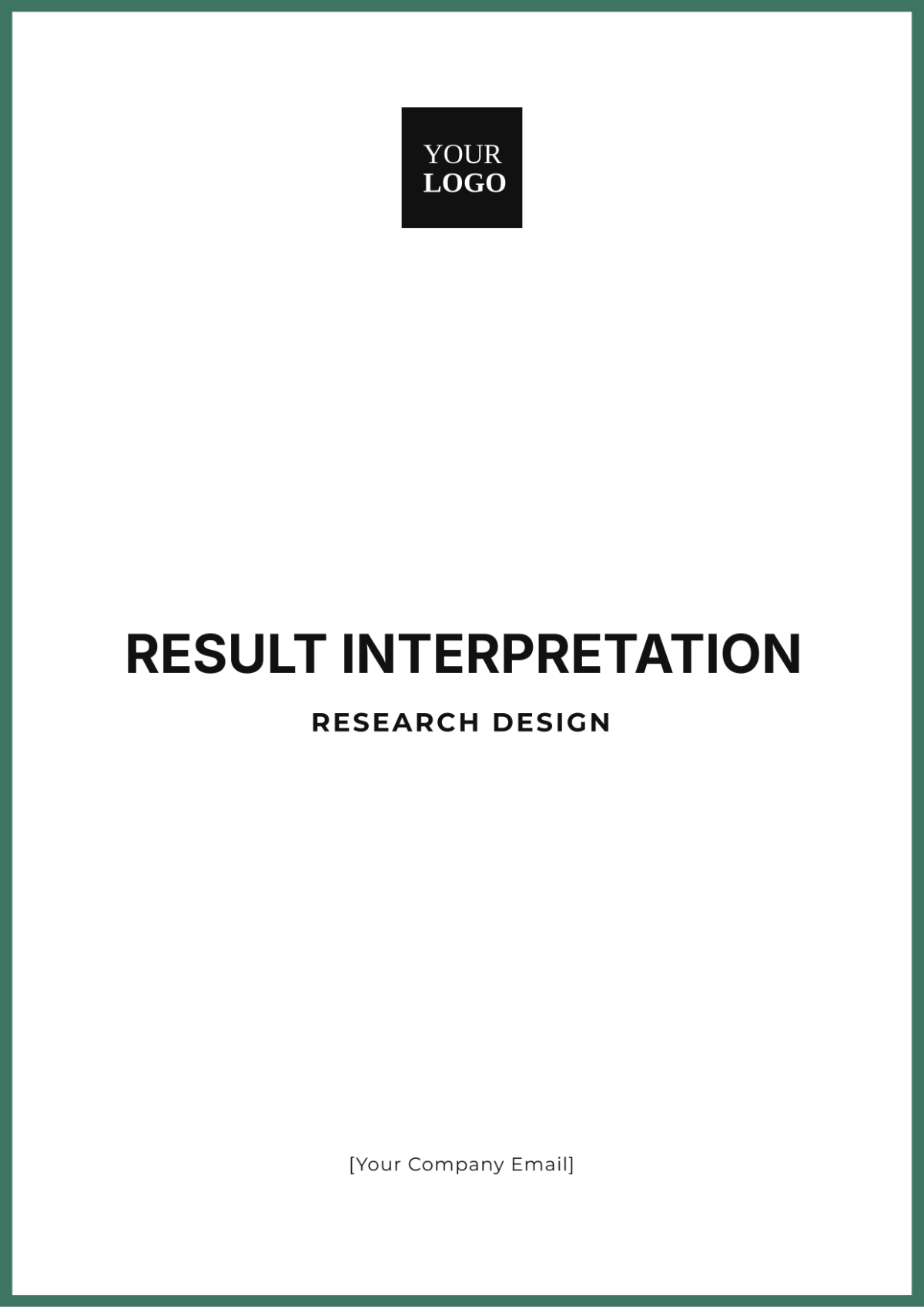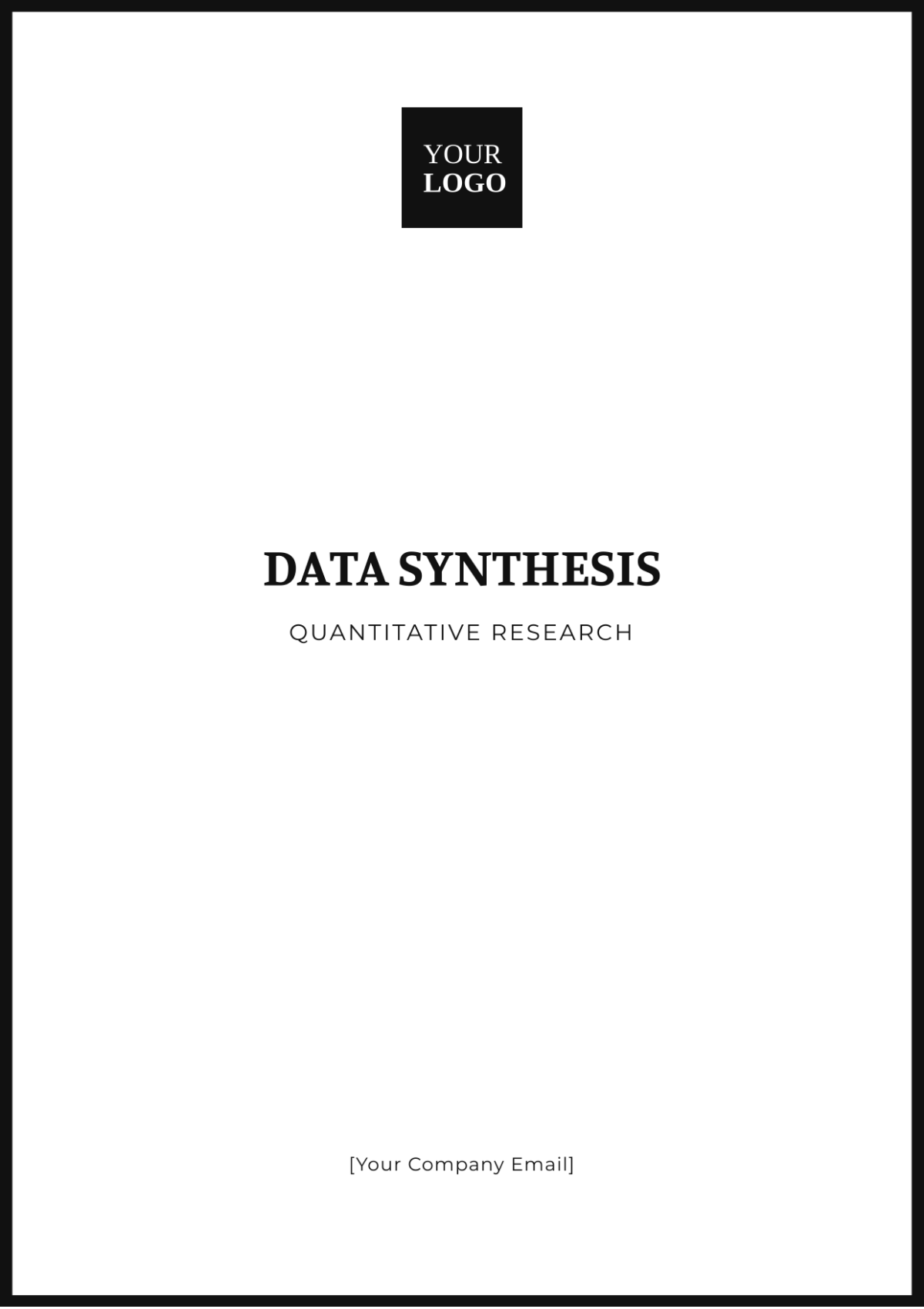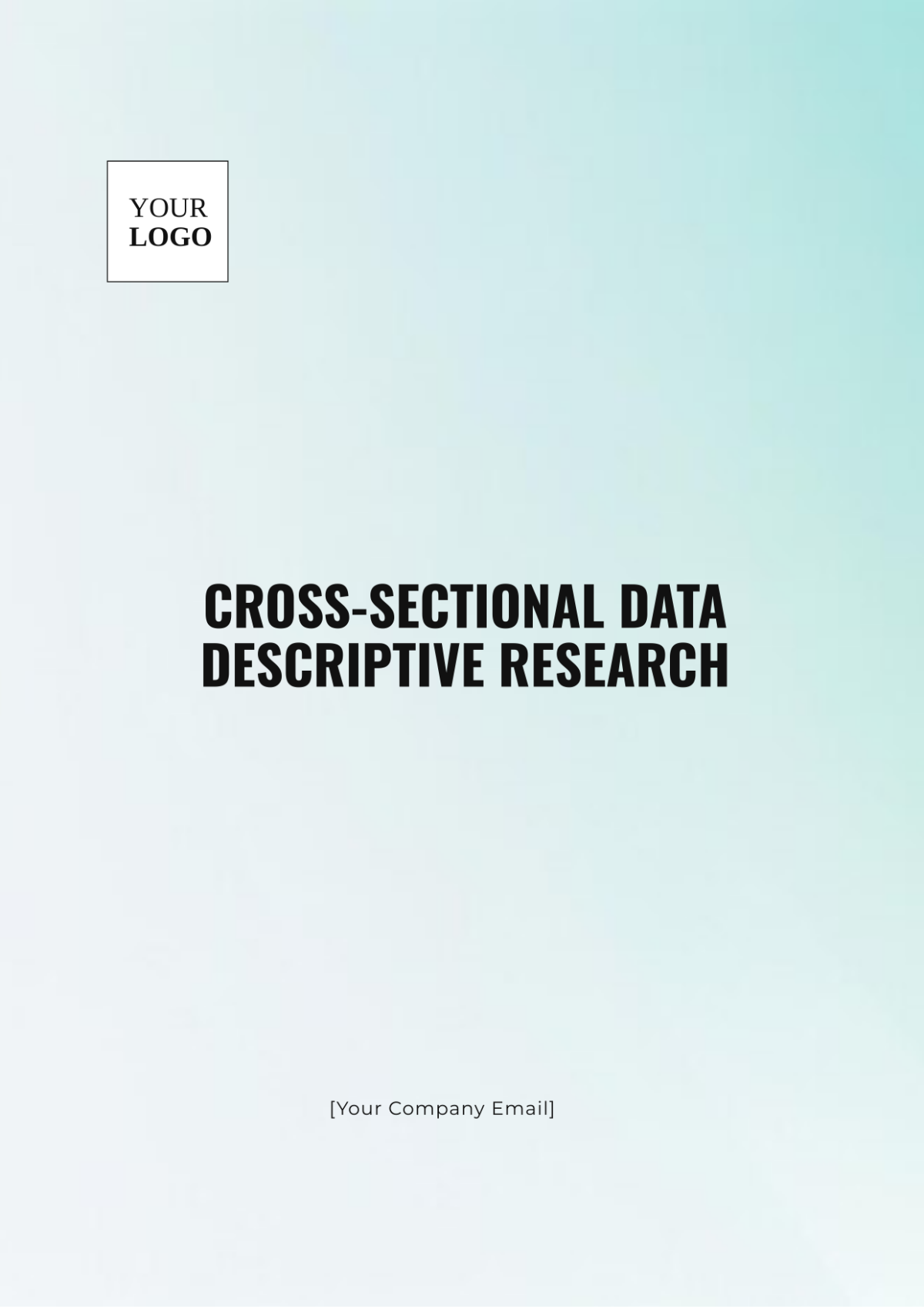Observational Study Research
Prepared By: [Your Name]
The Impact of Study Habits on Academic Performance: An Observational Study
I. Introduction
Academic performance is one of the key outcomes evaluated by educational institutions, students, and parents alike. Numerous factors contribute to a student’s success, including intellectual abilities, socio-economic status, motivation, and perhaps most importantly, study habits. Study habits encompass the techniques, time management strategies, and routines that students adopt to master their academic material. This observational study aims to examine the relationship between different study habits and academic performance in university students.
This research is designed to provide educational insight, using narrative format and comprehensive data tables. The objective is to inform students, educators, and policy-makers of the most effective strategies that can be implemented to enhance learning outcomes.
A. Objective
To observe and assess how different study habits influence academic performance.
To identify the study habits most correlated with high levels of academic success.
II. Study Design
This observational study was conducted over six months at a university with a diverse student body. The participants were undergraduate students across different years and disciplines. Students were not given any specific intervention but were observed in their natural study environments. Their academic performance was evaluated based on their GPA at the end of the semester.
A. Population and Sample
Total population: 10,000 university students.
Sample size: 1,000 students (stratified random sample by year and major).
Inclusion criteria: Full-time undergraduate students.
Exclusion criteria: Graduate students, part-time students, and students who dropped out during the study period.
B. Variables
Independent variables: Study habits (e.g., study hours per week, environment, use of technology, group study versus individual study).
Dependent variable: Academic performance (GPA at the end of the semester).
III. Data Collection
Data collection was conducted through a mix of direct observation, student self-reports (via a questionnaire), and academic records. The questionnaire included both qualitative and quantitative measures, asking students to describe their typical study routines, preferred learning environments, and perceived productivity levels.
A. Observational Tools
Study Environment Observation Sheet: Documented whether students studied in a quiet room, library, or a public setting.
Weekly Study Logs: Students self-reported the number of hours they dedicated to studying each week.
Academic Performance Records: Collected from the university’s registrar's office.
IV. Study Habits Assessed
A. Study Hours
Low (<10 hours/week): Students who spend less than 10 hours a week on academic work outside of class.
Moderate (10-20 hours/week): Students who dedicate between 10 and 20 hours per week specifically to their studies and academic pursuits.
High (>20 hours/week): Students who dedicate more than twenty hours each week to their academic studies.
B. Study Environment
Library study: Students who frequently use the library as their primary study space.
Home study: Students who prefer studying at home in their own space.
Public spaces: Students who study in cafes or other public environments.
C. Study Methods
Individual study: Students who prefer studying alone.
Group study: Students who frequently study with peers.
Mixed approach: Students who use a combination of both methods.
D. Use of Technology
Digital study aids Use of apps, online tutorials, or digital flashcards.
Traditional methods: Handwritten notes, printed textbooks, and physical flashcards.
Blended: A combination of both digital and traditional methods.
V. Results
A. Study Hours and Academic Performance
Study Hours per Week | Number of Students | Average GPA |
|---|---|---|
Less than 10 hours | 150 | 2.5 |
10-20 hours | 600 | 3.2 |
More than 20 hours | 250 | 3.8 |
The data shows a clear positive correlation between the number of study hours per week and GPA. Students who studied for more than 20 hours per week had an average GPA of 3.8, while those who studied less than 10 hours per week had an average GPA of 2.5.
B. Study Environment and Academic Performance
Study Environment | Number of Students | Average GPA |
|---|---|---|
Library | 300 | 3.5 |
Home | 500 | 3.1 |
Public spaces | 200 | 2.9 |
Students who studied in the library tended to perform better academically, with an average GPA of 3.5, compared to those studying at home or in public spaces.
C. Study Methods and Academic Performance
Study Method | Number of Students | Average GPA |
|---|---|---|
Individual study | 400 | 3.3 |
Group study | 200 | 3.0 |
Mixed approach | 400 | 3.6 |
Interestingly, students using a mixed approach of both group and individual study scored the highest average GPA (3.6). While individual study methods showed a slightly higher GPA (3.3) compared to group study (3.0), the combination of both proved to be the most effective strategy.
D. Use of Technology and Academic Performance
Study Method | Number of Students | Average GPA |
|---|---|---|
Digital study aids | 350 | 3.4 |
Traditional methods | 400 | 3.1 |
Blended | 250 | 3.7 |
Students who blended both digital and traditional study methods had the highest GPAs, averaging 3.7, compared to those who exclusively relied on one approach. Those using only digital tools had a higher GPA (3.4) than those using only traditional methods (3.1).
VI. Discussion
A. Interpretation of Results
The results of this observational study highlight several key factors that influence academic success:
Study Time: Students who dedicated more time to their studies achieved higher GPAs, confirming the commonly accepted idea that study hours are crucial for academic performance.
Study Environment: Library environments offer fewer distractions, leading to higher academic performance. Students studying at home or in public spaces may face more distractions, leading to lower GPAs.
Study Methods: Students employing both individual and group study methods performed the best. The diversity of study techniques could help in reinforcing learning.
Technology Use: Students who combine both digital and traditional study aids perform better, suggesting that leveraging multiple tools for learning can be more effective.
B. Implications for Students and Educators
Time Management: Students should be encouraged to set aside consistent blocks of time for study, aiming for at least 10-20 hours per week for optimal academic performance.
Choosing Study Spaces: Universities might consider expanding access to library resources and promoting environments conducive to concentration.
Diversifying Study Techniques: Educators should promote both individual and group study, as well as a balanced use of digital and traditional learning aids.
VII. Limitations of the Study
Self-Reporting Bias: Some data, such as the number of study hours, were self-reported and may not be entirely accurate.
External Factors: Other unobserved variables, such as personal motivation or family background, might also contribute to academic performance.
VIII. Conclusion
This study provides significant insights into how various study habits affect academic performance. By understanding these relationships, students can adopt more effective strategies to enhance their learning outcomes. Instructors and educational institutions can also use these findings to guide their teaching practices and academic support programs.





